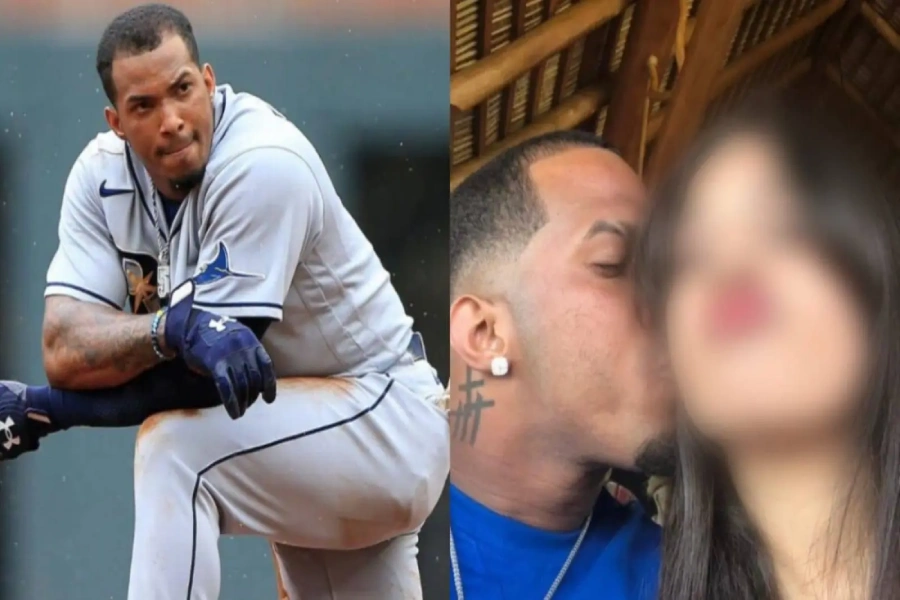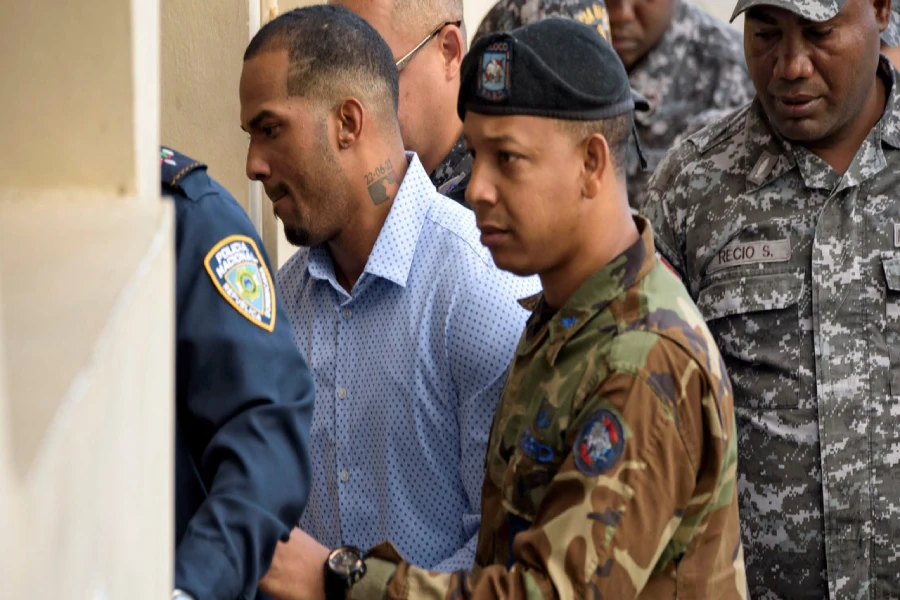Wander Franco, a prominent MLB shortstop for the Tampa Bay Rays, has recently been convicted of sexual abuse of a minor in the Dominican Republic. This verdict carries significant legal repercussions not only within the Dominican judicial system but also under U.S. law, given Franco’s professional ties to Major League Baseball. This article delves into the details of his conviction, its legal implications in the United States, MLB’s disciplinary policies, and the broader effects on his career and immigration status.

The Case Overview: What Happened with Wander Franco?
In August 2023, Dominican authorities launched an investigation into allegations that Wander Franco engaged in a sexual relationship with a 14-year-old girl while he was 21, violating the Dominican Republic’s age of consent law, set at 18 years. In 2024, formal charges were brought against Franco for sexual abuse, sexual exploitation, and human trafficking. While the court acquitted Franco of some charges like trafficking, he was found guilty of sexual abuse and received a two-year suspended sentence.
The girl’s mother was also implicated and convicted for trafficking her daughter, receiving a 10-year prison sentence. MLB responded by placing Franco on administrative leave and then moving him to the restricted list, suspending his salary pending investigation and legal outcomes.
Legal Consequences Under U.S. Law
Although the conviction occurred in the Dominican Republic, the ramifications for Franco extend into the United States, particularly under American criminal and immigration law. Here are the key legal aspects:
-
U.S. Immigration Law: Sexual abuse of a minor is considered a crime involving moral turpitude (CIMT), a serious offense that can prevent Franco from obtaining or renewing a P-1 visa required for professional athletes. This visa is essential for him to play in the MLB and live in the U.S. A conviction of this nature significantly complicates or even bars his reentry into the country.
-
MLB’s Domestic Violence and Sexual Abuse Policy: MLB has a jointly bargained policy that empowers the league to discipline players independently of criminal proceedings. Even absent U.S. charges, MLB can impose penalties such as suspension or contract termination based on findings from international cases.
-
Potential Federal Investigations: If aspects of the case involve cross-border elements such as financial transactions or communications with U.S. residents, federal authorities may initiate investigations under laws like the Trafficking Victims Protection Act (TVPA), which addresses human trafficking and exploitation beyond U.S. borders.
Impact on Wander Franco’s MLB Career
Franco’s conviction has led to immediate and long-term professional consequences:
-
Contractual Status: His $182 million, 11-year contract signed in 2021 is now under scrutiny. The restricted list status means Franco is not receiving salary or accruing MLB service time.
-
Visa and Travel Restrictions: The criminal conviction jeopardizes his ability to obtain the necessary work visa, potentially preventing him from returning to the U.S. to compete.
-
Reputation and Sponsorship: Beyond legal and contractual matters, Franco’s public image and marketability have suffered severely, influencing endorsements and team relations.
-
MLB Disciplinary Measures: MLB’s independent review may result in additional sanctions, including extended suspensions or permanent bans.

Broader Legal and Ethical Considerations
This case highlights the intersection of international criminal justice and professional sports law:
-
Cross-Jurisdictional Challenges: Professional athletes who play internationally may face legal consequences in multiple countries, requiring coordination between legal systems.
-
Player Rights and Due Process: While MLB policies provide a framework for discipline, ensuring fair legal processes and appeals is critical, as Franco’s defense attorney has indicated plans to appeal the conviction.
-
Victim Protection and Justice: The case also underscores the importance of protecting minors from exploitation, with MLB and the legal system aligning to uphold these protections.
Conclusion
Wander Franco’s conviction marks a turning point with profound legal and professional consequences. While the Dominican court has issued a suspended sentence, U.S. immigration law and MLB policies impose additional hurdles that may prevent his return to American baseball. The case exemplifies the complex overlap between international criminal justice and professional sports governance, emphasizing the need for stringent ethical standards and cross-border cooperation.
MLB and U.S. authorities will continue monitoring the situation closely, ensuring justice and player accountability while navigating legal challenges inherent to global sports figures.
FAQ
Q1: What charges was Wander Franco convicted of?
He was convicted of sexual abuse of a minor but acquitted of sexual exploitation and human trafficking charges.
Q2: How does this conviction affect his ability to play in MLB?
The conviction jeopardizes his P-1 visa eligibility, meaning he may not legally enter the U.S. to play, and MLB can impose independent disciplinary actions.
Q3: What is a suspended sentence?
A suspended sentence means Franco will not serve prison time unless he violates specific conditions, such as refraining from contacting minors for sexual purposes.
Q4: Can MLB punish players for crimes committed outside the U.S.?
Yes, MLB’s joint domestic violence, sexual assault, and child abuse policy allows discipline regardless of where the crime occurred.
Q5: What happens to Franco’s contract?
His contract remains valid but may be suspended or terminated depending on MLB’s disciplinary decisions and visa issues.

